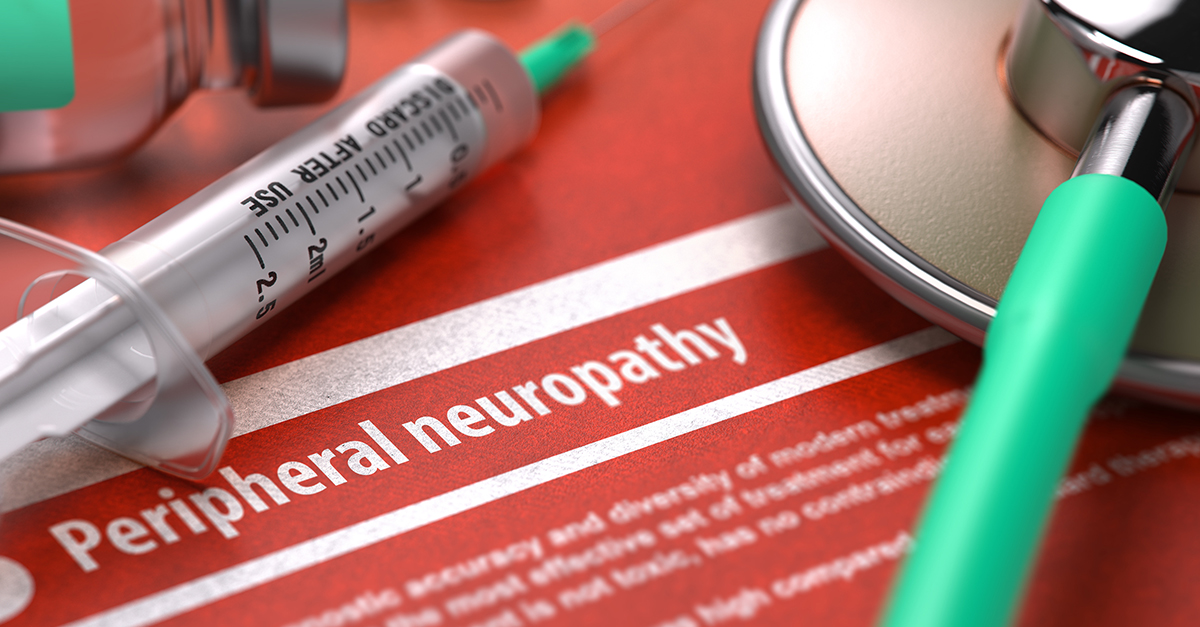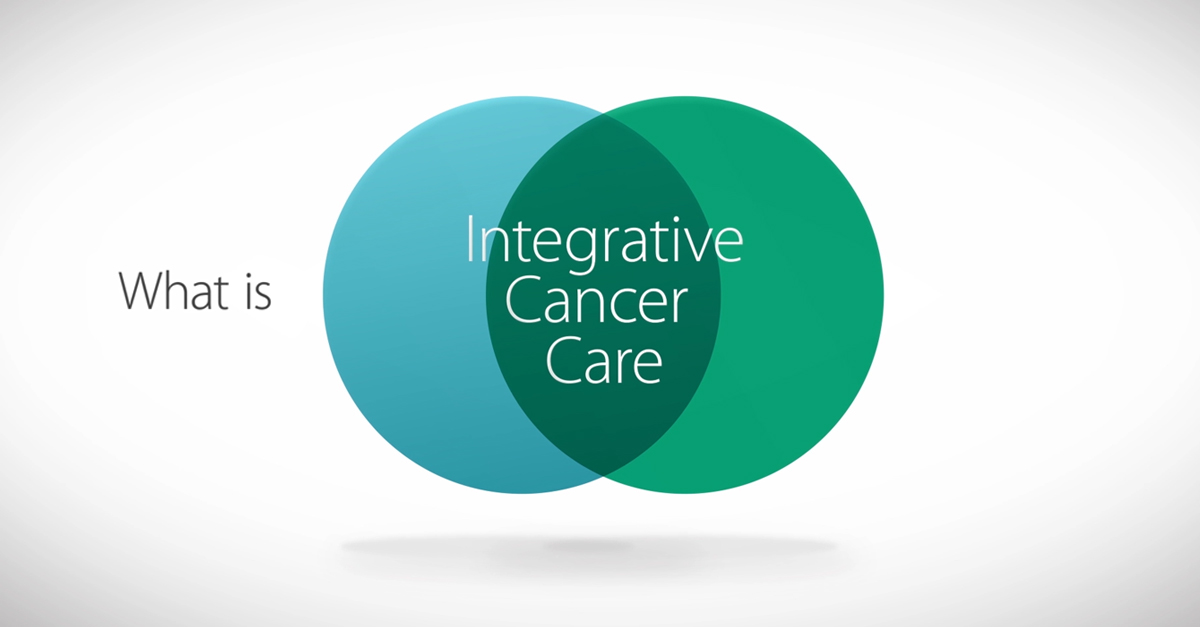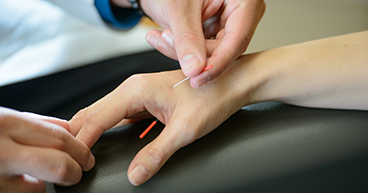
Chemotherapy is known for causing a number of side effects that may affect patient’s quality of life. Many of them, like fatigue, nausea and hair loss, are often temporary. Peripheral neuropathy is different. Characterized by nerve damage that may impair patients’ ability to walk, maintain balance, hold objects and perform other key functions, it has the potential to become permanent, affecting not only patients’ quality of life but, sometimes, their ability to continue treatment.
Nerve damage may affect patients in a number of ways—triggering pain, numbness, tingling sensations, reduced fine-motor skills and mobility limitations, for example. Addressing these symptoms the moment they flare may help prevent them from worsening and compounding patients’ physical and mental challenges, says Shayma Kazmi, MD Medical Oncologist and Hematologist-Oncologist at our Philadelphia hospital. Still, some patients are hesitant to open up, for fear of “bothering” others with their complaints, so they suffer silently.
Talk to your doctor
Dr. Kazmi says it’s important that doctors hear from patients about all their symptoms—from difficulty picking up coins or buttoning a shirt to limited reflexes and sensitivity to cold or heat. Even seemingly minor changes, like tingling in the fingertips, deserve mention and attention, Dr. Kazmi says, because they may signal more serious issues to come. They may also be an indication that the chemotherapy dose, timing or duration may need to be adjusted. “Never feel, ‘This is just normal.’ Always speak up about it,” Dr. Kazmi says.
What the medical world refers to as chemotherapy-induced peripheral neuropathy (CIPN) is caused when vulnerable nerves far from the brain and spine become damaged by drugs meant to attack cancer. Symptoms of CIPN may depend on the type of nerves affected. Most often, symptoms develop equally on both sides of the body, usually affecting the hands and feet. They may include shooting and stabbing pains, pin-prick sensations, cold sensitivity or numbness, indicating sensory nerve damage. Less common feelings of weakness or imbalance may signify damage to motor nerves, while constipation or dizziness may indicate damage to autonomic nerves. Often, CIPN symptoms appear slowly and may worsen over time. Acute CIPN, on the other hand, may develop suddenly, then subside.
“If there is numbness to the point where I cannot pick up my coffee cup anymore, numbness where I am tripping, losing my balance? We’re getting to moderate and severe CIPN,” Dr. Kazmi says. “At some point, it may become irreversible and permanent.”
Who's at risk
The risk of developing peripheral neuropathy may be higher for patients who take stronger chemotherapy doses for a longer period of time, are older, have diabetes or use tobacco. Genetics and nutritional deficiencies may play a role, too. The drugs most commonly associated with CIPN are those in the taxane family, such as paclitaxel, and platinum-based drugs, including cisplatin, oxaliplatin and carboplatin—all first-line chemotherapy drugs for breast, ovarian and colorectal cancers. Alkaloids like vincristine, which is often used to treat lymphoma, have also been associated with peripheral neuropathy.
Besides changing how the drugs are administered, a variety of supportive therapies may help prevent and manage severe CIPN. Therapies that may help address pain include supplements and other naturopathic remedies, prescription pain relievers and antidepressants, acupuncture, massage and meditation. Physical therapy may help cancer patients adapt to balance impairments and other challenges that may result from sensory changes, says Carolyn Lammersfeld, Vice President of Integrative Medicine at Cancer Treatment Centers of America® (CTCA). “The most important message is that the minute you have any numbness or tingling, speak up.”
Learn more about how integrative care can help cancer patients manage peripheral neuropathy.



